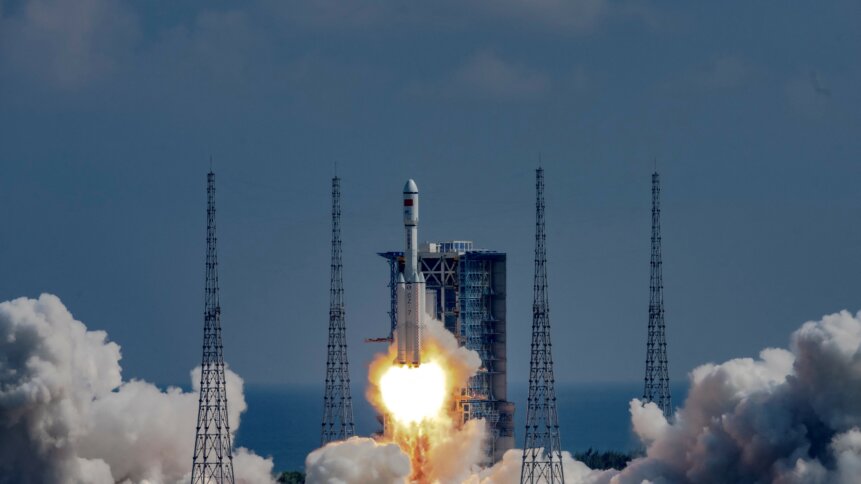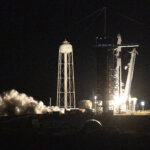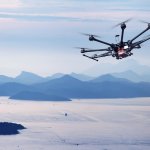Honda lifts off to join crowded satellite launch biz by 2030

- Honda has been working on small rockets, with plans to enter the industrial space race in the future
- The leading automakerwants to halve small satellite launch costs by reusing rockets
- The company plans on developing a small rocket capable of carrying satellites weighing less than a ton
Since 2020, there has been no shortage of hype surrounding the commercial space industry. In fact, more private corporations have accessed space via a vehicle built and owned not by any government over the past year, than in the entirety of human existence before then. Now, even Japanese vehicle maker Honda Motor plans to make its way into the satellite launch industry.
Although space-faring has long been dominated by governments like the US and Russia, more private companies around the world are following the footsteps of SpaceX, founded by Tesla CEO Elon Musk and Jeff Bezos’s Blue Origin. After all, the industry is forecasted to grow into a US$1 trillion market, according to Morgan Stanley, up from its current valuation of US$350 billion.
As stated by Nikkei Asia, Honda is indeed “entering a crowded commercial space business”. The report also claims over 100 companies globally are said to be working on small rockets tests; some have already succeeded in launching them.
Honda’s satellite launch venture is strictly business
Honda has been developing a small rocket since late 2019 because the company believes that space will provide it with new business opportunities. Nikkei noted that satellite launches typically run as high as 5 billion yen (US$44.6 million) with single-use rockets. “Honda plans to return its rocket plane to the launch pad for reuse. The idea is to apply autonomous technology to make the vehicles available for repeated use more cheaply than its peers.”
To put it simply, the Japanese automaker intends to build small reusable rockets for satellites, aiming to launch a test vehicle by 2030, Japan’s Jiji Press reported. The rockets, as envisioned by Honda, would be able to carry satellites to an altitude of up to 2,000 kilometers.
To achieve this, Honda will make use of the control and guidance technologies it has created through the development of automated driving technologies. Honda R&D Co’s president and representative director of the automaker, Keiji Otsu, said the company hopes to deliver values that are ahead of the times.
Honda is eyeing to grow the project into a business of sending up satellites developed by other companies. It is fair to note that Honda has expanded its businesses from cars to robots and aircraft, which have also helped to improve its technologies. To recall, Honda introduced the ASIMO humanoid robo in 2000, and has delivered the HondaJet small business aircraft since 2015.
To top it off, the automaker even plans to develop technologies of all-electric vertical takeoff and landing (eVTOL) vehicles, or so-called flying cars that sport features more reminiscent of helicopters and drones, and avatar robots. The near-term plan includes rolling out eVTOL vehicles in North America by 2030 and then in Japan and other Asian countries.
Honda plans for the vehicles to be used for intercity transportation, since flying cars do not need runways and have relatively low noise. Overall, the Japanese firm aims to raise its research and development spending to a record 5 trillion yen over the next six years, to achieve its goal of having its rocket business turn into a pillar on par with its electric vehicle business.










